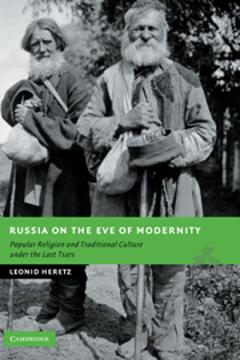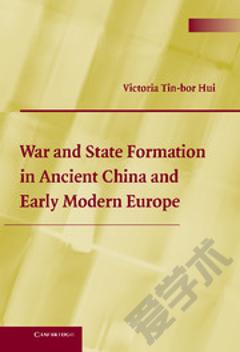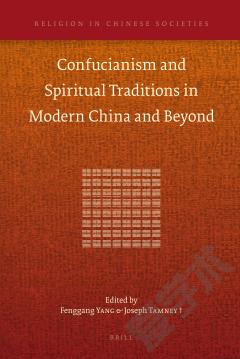Religion and the Early Modern State: Views from China, Russia, and the West
How did state power impinge on the religion of the ordinary person? This perennial issue has been sharpened as historians uncover the process of 'confessionalization' or 'acculturation', by which officials of state and Church collaborated in ambitious programs of Protestant or Catholic reform, intended to change the religious consciousness and the behaviour of ordinary men and women. In the belief that specialists in one area of the globe can learn from the questions posed by colleagues working in the same period in other regions, this 2005 volume sets the topic in a wider framework. Thirteen essays, grouped in themes affording parallel views of England and Europe, Tsarist Russia, and Ming China, show a spectrum of possibilities for what early modern governments tried to achieve by regulating religious life, and for how religious communities evolved in new directions, either in keeping with or in spite of official injunctions.
{{comment.content}}








 京公网安备 11010802027623号
京公网安备 11010802027623号